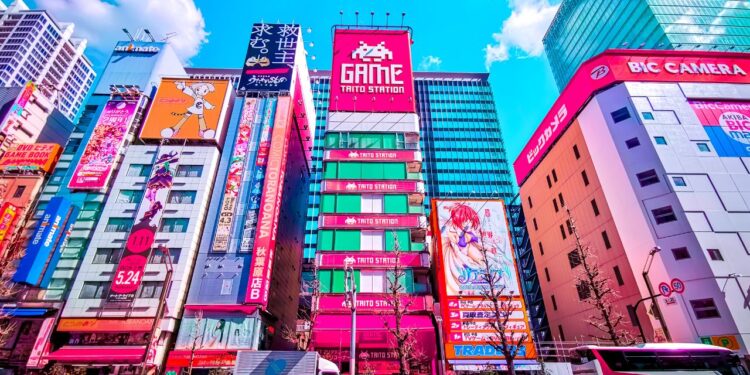Many of Japan’s major firms, including Honda, Nippon Steel, and ANA Holdings granted significant pay raises for employees Wednesday.
According to a report published by The Japan Times, this is the largest wage increase since the late 1990’s. The substantial pay hikes are a direct result of Japan’s annual spring wage negotiations, known as shuntō, which concluded this month with several companies meeting or even exceeding labor union demands. Other companies agreeing to the demands include Nissan, Panasonic, and Toyota.
The Financial Times reports that Toyota agreed to a pay increase of ¥28,440 ($193) which is the largest amount on record — since figures were first made available in 1999. The record wage growth is not only a response to a tight labor market in Japan, but it also aligns with Prime Minister Fumio Kishida’s strategy to combat deflation and kickstart economic growth.
The substantial increases reflect Japan’s post-pandemic economy and its significant labor shortage driven by its aging population. According to a report published by CNBC, this year’s successful Spring negotiations are being closely watched by policymakers, as they could influence the Bank of Japan’s decision on whether to adjust its ultraloose monetary policy in the face of persistent high inflation.
Economists stress the importance of this wage growth extending from large corporations to small and midsize enterprises. The trend follows the previous year’s successful labor negotiations and hints at a potential shift in Japan’s economic policy with implications for increasing national consumption while adapting to inflation.
According to The Japan Times, the true effectiveness of these wage increases will be analyzed during the Bank of Japan’s upcoming monetary policy decisions — acting as key metrics for the country’s economic health. As the world continues to face high inflation, Japan’s wage hikes among many of its major firms mark a political triumph for Kishida and could influence other countries economic policies.



 Dr. Gleb Tsipursky – The Office Whisperer
Dr. Gleb Tsipursky – The Office Whisperer Nirit Cohen – WorkFutures
Nirit Cohen – WorkFutures Angela Howard – Culture Expert
Angela Howard – Culture Expert Drew Jones – Design & Innovation
Drew Jones – Design & Innovation Jonathan Price – CRE & Flex Expert
Jonathan Price – CRE & Flex Expert










